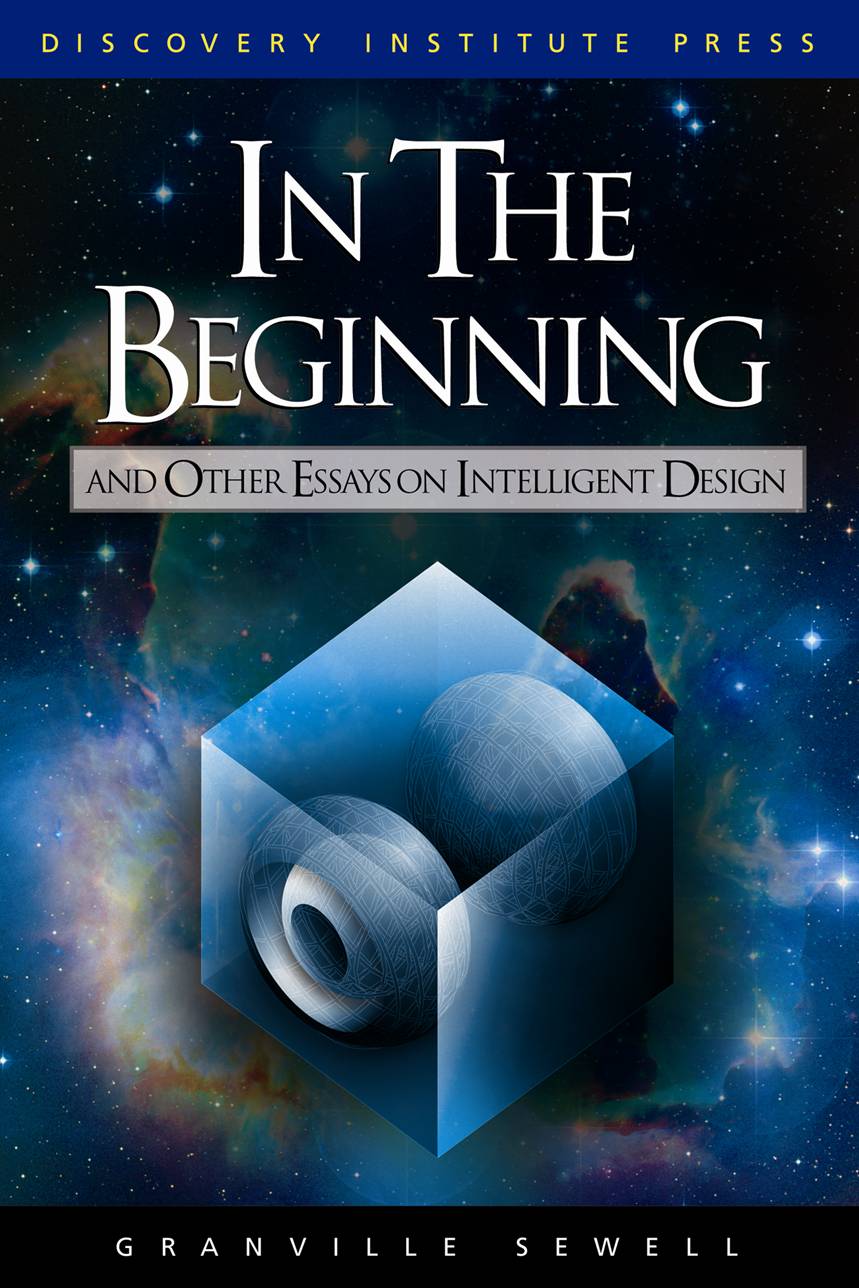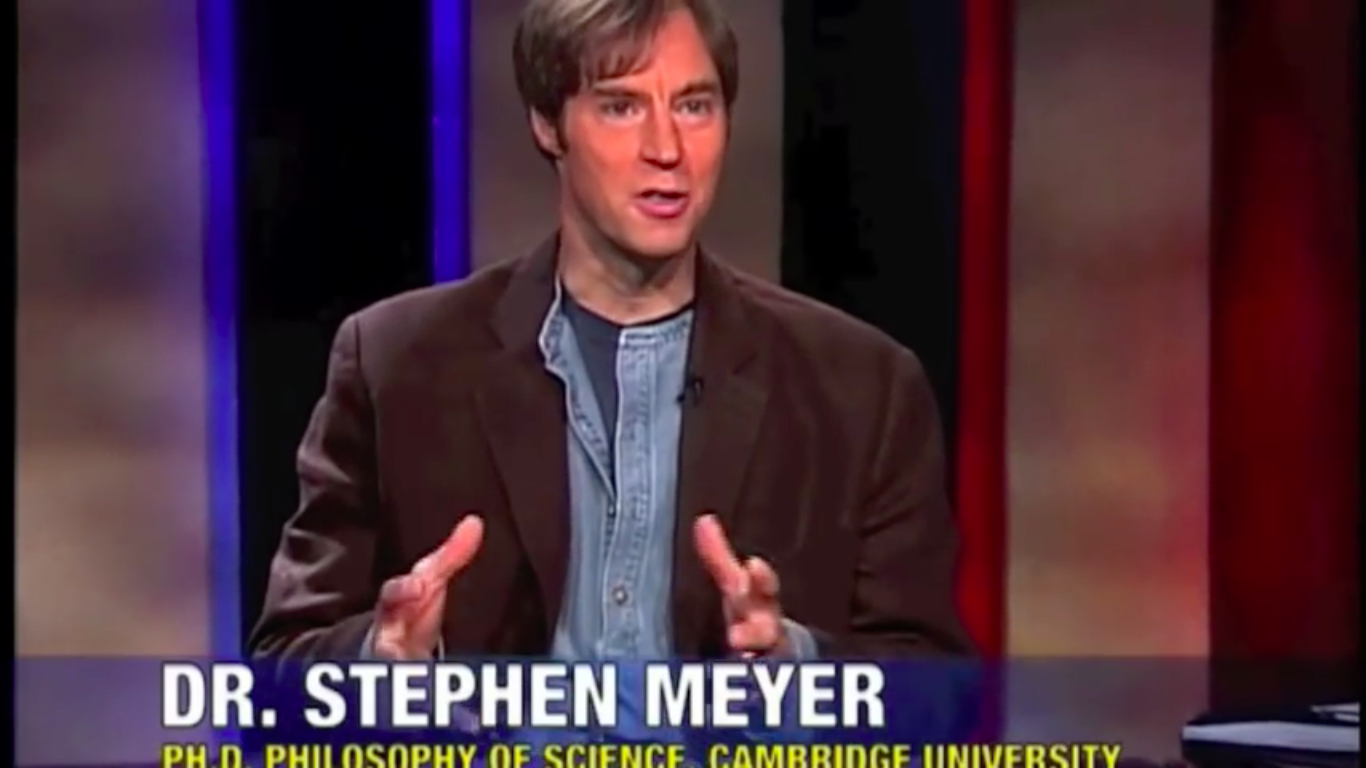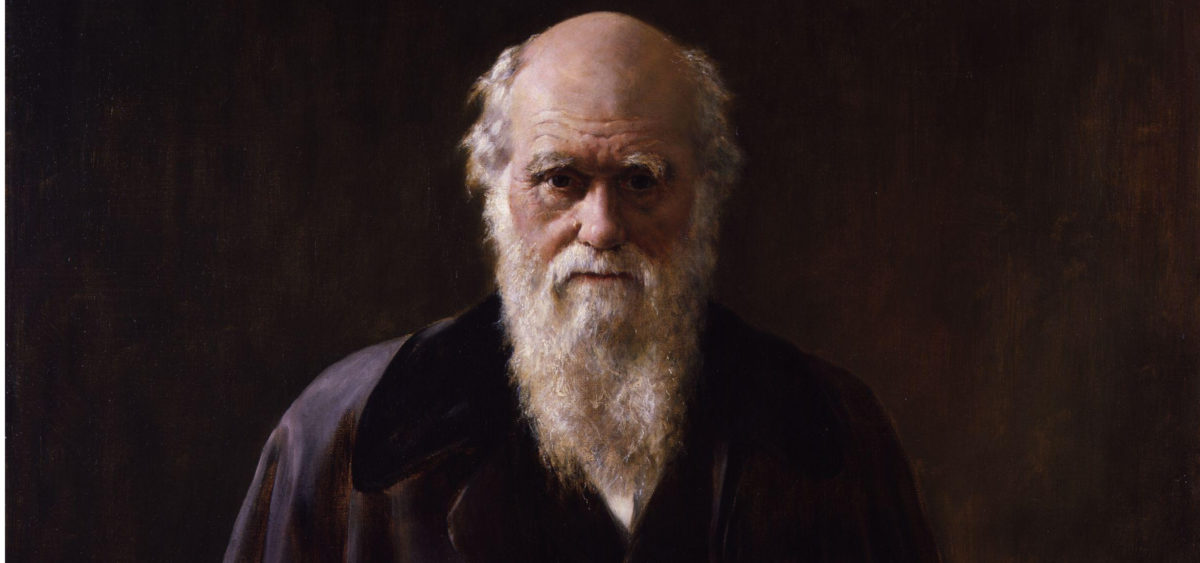


James Tour and Stephen Meyer Bring Clarity to Origin of Life Debate

It’s a Wonderful, Complex, and Finely-Tuned Universe

In the Beginning
In this revised and expanded collection of essays on origins, mathematician Granville Sewell looks at the big bang, the fine-tuning of the laws of physics, and (especially) the evolution of life. Sewell explains why evolution is a fundamentally different and much more difficult problem than others solved by science, and why increasing numbers of scientists are now recognizing what has Read More ›

A Cosmological Argument for God’s Existence, pt. 1
In this special series of The John Ankerberg Show, Dr. Stephen Meyer presents a cosmological argument for God’s existence: the universe, space, and time all had a beginning, the universe has been fine-tuned for life, and every living cell contains the information and design necessary for life. In part 1, Dr. Meyer describes the development of a naturalistic view of Read More ›

Does Intelligent Design offer a plausible Account of Life’s Origins?
The Party’s Over
The party’s over, it’s time to call it a day. They’ve burst your pretty balloon and taken the moon away. It’s time to wind up the masquerade. Just make your mind up — the piper must be paid. The party’s over, the candles flicker and dim. You danced and dreamed through the night, it seemed to be right just being with Read More ›
The Origins of Life: A Catholic View
Since the Theory of Evolution touches on the subject of human origins, the Catholic Church naturally has a deep interest in the topic. There are three important questions: How does the creation account in Genesis square with what science can reasonably demonstrate about the origin of the universe and mankind? What are the implications of Darwinian anthropology, which understands the Read More ›
DNA by Design

Evidence for Design in Physics and Biology
1. Introduction In the preceding essay, mathematician and probability theorist William Dembski notes that human beings often detect the prior activity of rational agents in the effects they leave behind.1 Archaeologists assume, for example, that rational agents produced the inscriptions on the Rosetta Stone; insurance fraud investigators detect certain “cheating patterns” that suggest intentional manipulation of circumstances rather than “natural” …